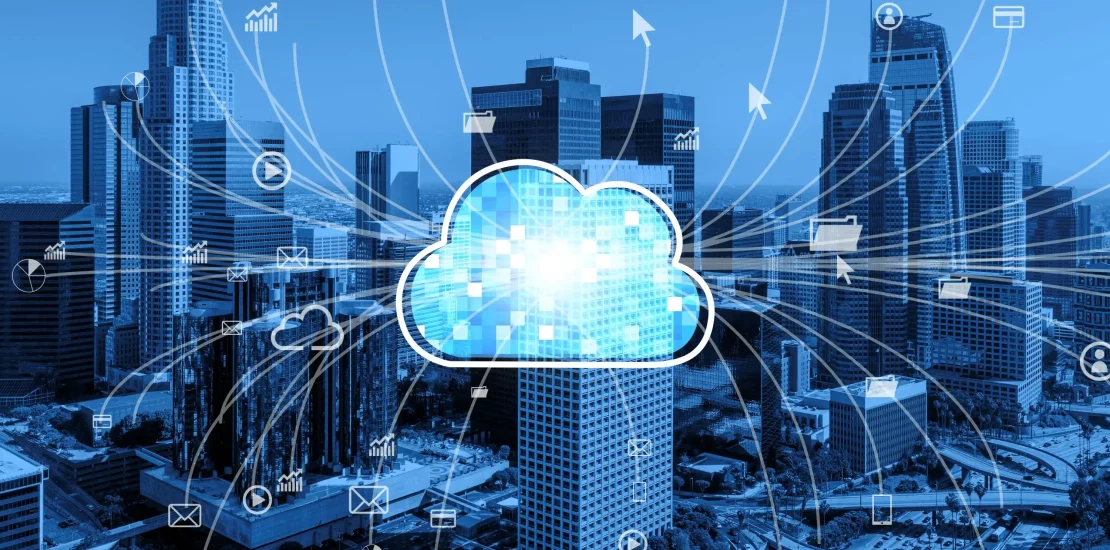Cloud ERP vs On-Premise ERP: Busting the Myths for MSMEs
- August 19, 2025
- Posted by: demanzo
- Category: Blog

For many MSME owners, the decision between a cloud-based ERP and an on-premise ERP feels like a question of control versus convenience. The perception is that buying an ERP once and hosting it on-site ensures full ownership, lower long-term costs, and greater data security. While this may sound logical, the reality is often very different. Let’s bust some common myths.
Myth 1: On-Premise ERP is Cheaper in the Long Run
Reality: The initial one-time purchase of an on-premise ERP may seem cost-effective. But the hidden costs add up:
Server infrastructure: You need to invest in reliable servers, networking equipment, cooling systems, and backup power.
IT team: Dedicated IT staff are required for maintenance, upgrades, and troubleshooting.
Upgrade costs: Every few years, software and hardware need expensive upgrades.
Downtime costs: If a server crashes, productivity loss is much higher than the subscription fee of cloud ERP.
👉 Cloud ERP, on the other hand, works on a pay-as-you-go model. You only pay for what you use, upgrades are automatic, and there’s no heavy upfront investment.
Myth 2: On-Premise ERP Gives Me More Control
Reality: Control comes with responsibility. When you manage ERP on-premise, you’re responsible for:
Monitoring uptime and server health.
Backups and disaster recovery.
Data protection from cyberattacks, ransomware, and system failures.
With cloud ERP, you focus on business, not IT firefighting. Leading cloud providers have entire teams ensuring uptime, compliance, and data safety 24/7. You still have control over who accesses your data but without the stress of managing the backend.
Myth 3: On-Premise ERP is More Secure
Reality: Security in today’s world is not about physical control; it’s about cyber resilience.
On-premise systems are often vulnerable because SMEs rarely update patches regularly or invest in enterprise-grade firewalls.
A stolen laptop or infected USB drive can compromise your entire on-premise ERP.
Cloud ERPs use encryption, multi-factor authentication, automated backups, and disaster recovery plans — the same level of security trusted by banks and Fortune 500 companies.
👉 Statistically, cloud-hosted data is safer than data stored in an MSME’s local office server.
Myth 4: Internet Dependency Makes Cloud ERP Risky
Reality: Most MSMEs already depend on the internet for payments, emails, video calls, and sales. ERP is no different. Even if internet issues occur, many cloud ERPs have offline sync features or mobile apps that let work continue seamlessly. Meanwhile, if an on-premise ERP server crashes, your operations stop completely until it’s fixed.
Myth 5: Cloud ERP Doesn’t Scale Well
Reality: This is exactly where cloud ERP shines.
Adding new users, modules, or locations is as simple as upgrading your plan.
No need to buy new servers or wait for installations.
Perfect for MSMEs that plan to grow into larger enterprises without changing systems.
On-premise ERP locks you into your initial infrastructure, making scaling a costly and time-consuming task.
✅ The Bottom Line
MSMEs don’t need to be in the business of maintaining servers and fighting IT issues — they need to focus on growth, customer service, and profitability. Cloud ERP offers:
Lower upfront costs and predictable monthly expenses.
Enterprise-grade security and disaster recovery.
Automatic upgrades and scalability.
Anytime-anywhere access for today’s mobile workforce.
Cloud ERP is not just the future — it’s the present reality for smart MSMEs.
